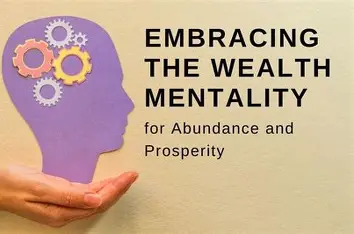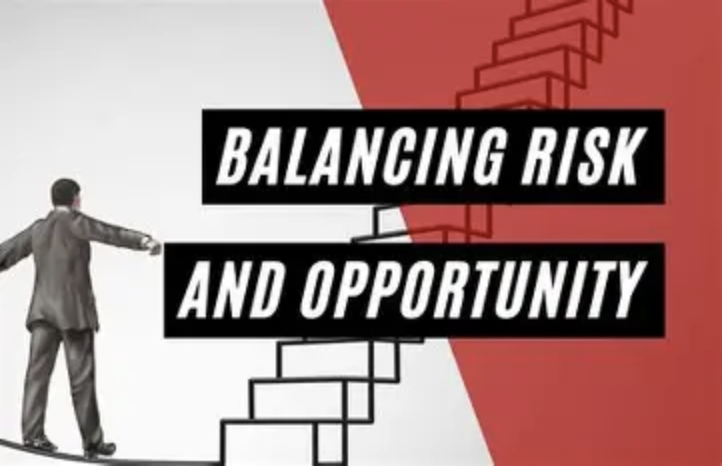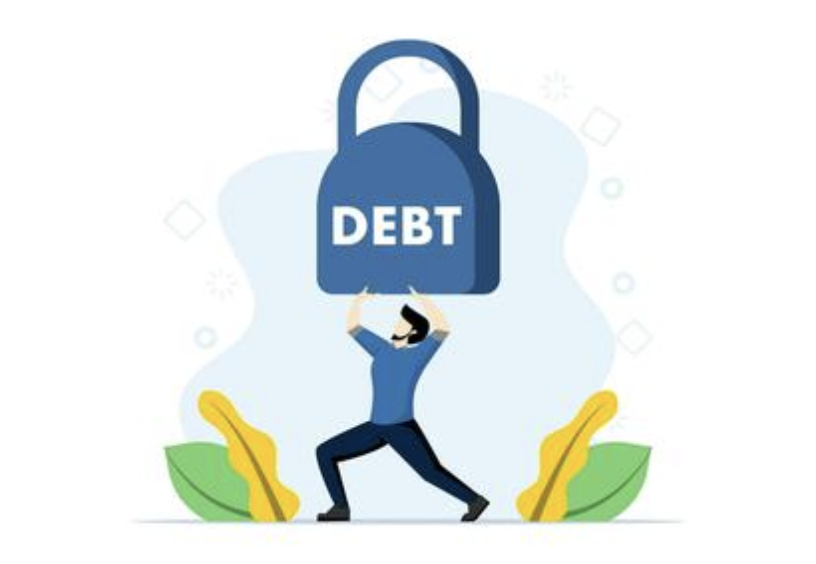For those who spend a lot, "luxury poverty" refers to the pressure of keeping up with an extravagant way of living while their savings decline, often without them realizing it. The focus isn't on cutting back but rather on breaking free from consumerism to ensure that their spending matches what is genuinely valuable.
The consumer culture promotes luxury as a way to show status, yet for wealthy individuals, it often leads to spending excessively on items that don’t align with their personal beliefs. A case in point is purchasing a designer handbag for $10,000 merely to conform at social gatherings instead of selecting an item they truly value, wasting resources that could contribute to a private art collection or a vacation home, both of which offer meaningful personal and financial returns.

Emphasize "Experiential Wealth"
Rather than pursuing the latest high-end products, consider focusing on experiences that enhance your life over time. Events like a private wine tasting in Bordeaux or a custom yoga retreat in Bali offer lasting memories that maintain their value, unlike a fashionable watch that depreciates once a new version comes out. Additionally, experiences eliminate the burdens of ownership—there’s no need for insurance, storage, or maintenance costs.

Before making a significant purchase, evaluate it in relation to your objectives. A high-quality home gym may appear luxurious, but it becomes sensible if your aim is to stay fit while avoiding pricey gym memberships. Conversely, a trendy luxury phone may not be worthwhile if your existing device works perfectly and you’re trying to save for a business project.
Be Cautious of "Subscription Creep" in Luxury
Luxury subscriptions are prevalent in consumer culture—think premium meal kits, exclusive memberships, or monthly rentals of designer accessories. These small, ongoing expenses accumulate quickly—like spending $500 a month on a fashion subscription, costing $6,000 annually, which could be invested in a startup or an impressive book collection. Regularly review your subscriptions to eliminate those that no longer bring you consistent joy or value.
Impulse buying is a tactic of consumer culture—limited-time offers and exclusive releases encourage quick decisions. For those with higher spending capacity, pausing for 48 hours can help break this pattern. If you’re considering a $20,000 luxury sofa, hold off for two days. More often than not, the desire diminishes, revealing it may not be essential, thereby allowing funds for more meaningful buys, such as a unique piece of art that could become a family treasure.

Consumer culture pushes the idea that you should showcase your success—like owning a luxury vehicle or high-end wardrobe. However, wealthy individuals who link their identity to possessions risk falling into "luxury poverty" as trends change. Instead, connect your identity with your core values—such as a commitment to philanthropy, an enthusiasm for travel, or expertise in a specific area. This approach encourages spending on what truly reflects your identity rather than following societal expectations.
Establish a "Wealth Buffer" Against Temptation
To resist the pull of consumer culture, consider dedicating a portion of your earnings to assets that aren’t easily convertible to cash—such as real estate, private equity, or rare collectibles. These investments appreciate over time and provide a safeguard: when the temptation to indulge in luxury arises, you’ll hesitate before tapping into funds meant for building lasting wealth.





